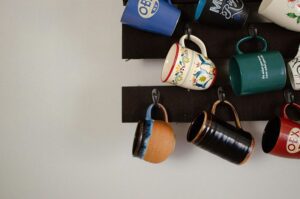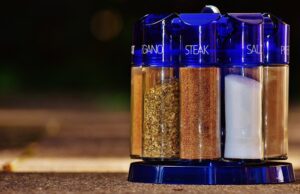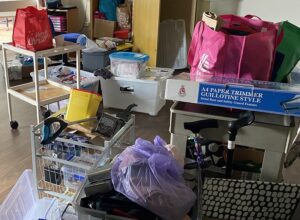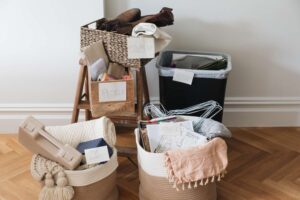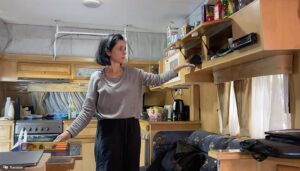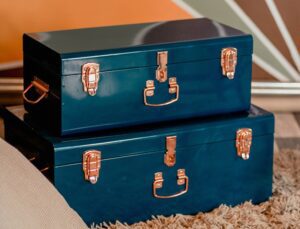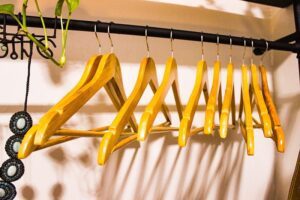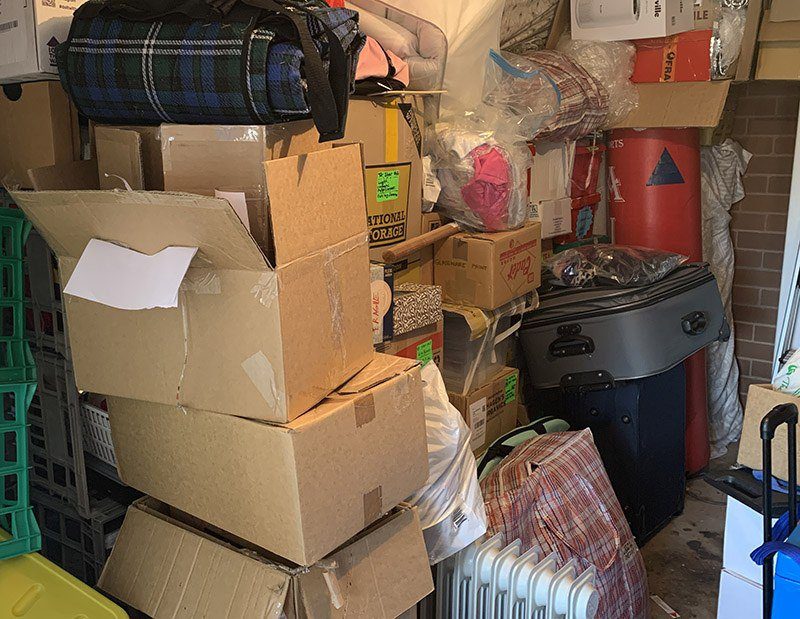
Decluttering a storage unit
Self-storage units are useful for transitional periods like renovating and travelling. But many people use them to keep unnecessary excess items. Sentimentality, the Endowment Effect and procrastination make decluttering difficult. Even if the storage unit starts as a temporary solution, storage companies rely on the fact that decluttering is hard. We continue to pay for storage rather than deal with the contents.
Decluttering a storage unit – why
Real estate is expensive. And so are storage units. Fees range from about $100 to $500 per unit per month (depending on size, location and service provided), and the average is about AU$150 per month. Over ten years that’s a whopping $18,000. It doesn’t take long for the cost of storage to exceed the value of the items within.
Besides the costs, reasons to declutter a storage unit include:
- knowing what you own for peace of mind.
- knowing what you own so you don’t repurchase things unnecessarily.
- mentally unburdening yourself from all that stuff.
Ideally you should wean yourself off external storage but at the very least, you could downsize to a cheaper option.
Decluttering a storage unit – when
As soon as possible, to minimise storage fees.
Decluttering a storage unit – who
You can do it! Enlist a friend if you need, or hire a professional organiser to minimise the overwhelm many people feel about this daunting task. It may seem pricey, but so is storage. And so is the mental energy spent on having belongings spread over more than one site.
Decluttering a storage unit – how
Decluttering a storage unit is conceptually not much different to decluttering any space. However since it’s offsite, it’s more likely to hold items that aren’t in use.
Step 1
There’s a big risk of bringing stuff from the unit into your house and cluttering that up. Therefore if you have the luxury of time, declutter your house first. Assign zones in your home, be intentional on what lives where and get a gauge on what you own before heading to the unit. That will give you clarity on what you need and what you can acommodate. For example if you have assigned one cupboard at home for glassware and it is packed to the brim, bringing more in from your storage unit is not a good idea.
Step 2
Determine your goal. Do you want to completely empty the unit? Or streamline and downsize?
Step 3
Arm yourself with:
- Gloves for protection from dust and paper cuts
- A knife/scissors to open boxes
- A Sharpie and masking tape for labelling
- Packing tape to secure boxes
- Garbage bags for rubbish and item removal
- Empty boxes for sorting and removing items
Step 4
Start going through the unit. Assign belongings to the categories that emerge, for example:
– Deal with (repair, give to someone else, etc). Take these out and put them on the top of your to-to list.
– Keep – but ask yourself why you are keeping it. Take these home and put them in the zones you have assigned when you did your home audit. Or group like with like in your storage unit.
– Discard. Straight in the bin/recycling.
– Donate. Straight to charity. See a list of Melbourne donation streams here.
– Sell. It is much easier to sell from home, but for furniture and large items it may be necessary to sell from the unit. In that case, see this selling guide and bring a tape measure to list the right specifications in your ads.
Label as you go. If you have consolidated a box of baby memorabilia, label it. If you have gathered a pile of things to give to mum, label it. Otherwise you may have to go through it all again in the next decluttering session. We think we will remember these things, but out of sight, out of mind, out of memory.
Once you have gone through everything, look at your keep pile again with a more critical eye.
- Do you need 2 square metres of memorabilia, or could you take some photos of that stuff instead? Decluttering sentimental items is difficult but very rewarding. Remember – you and your memories are not your stuff.
- Should you keep furniture that doesn’t suit your current or any foreseeable home?
- Should you store excess miscellaneous items that are cheap to replace?
Think about how much money this stuff is costing you to store. With each item, ask yourself why am I keeping this? And also these questions. Remember to take breaks. Decision fatigue is real.
It’s hard work but definitely worth it. You’ll save money, get some items into the hands of people who can use them, and lighten your mental and physical load.


